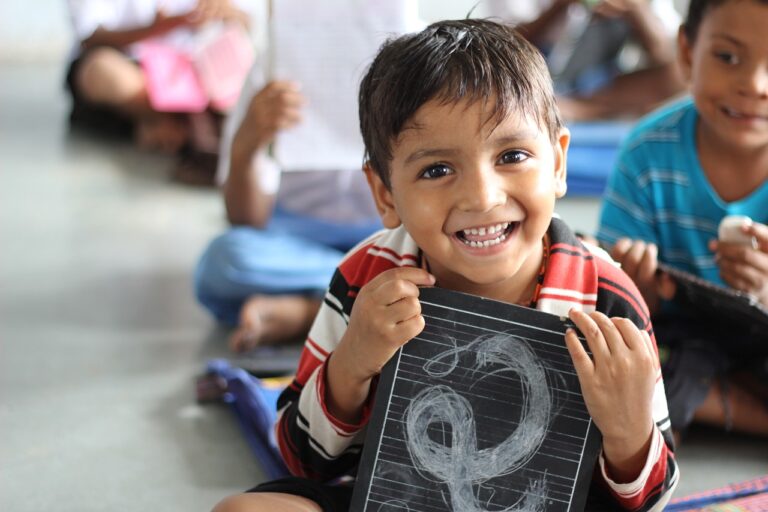The Politics of Identity: Exploring Intersectionality in Election Campaigns
Intersectionality in politics refers to the interconnected nature of social categorizations such as race, class, gender, and sexuality as they apply to an individual or group. It recognizes that these various aspects of identity do not exist in isolation but instead intersect and influence one another, shaping an individual’s experiences and opportunities within society. This concept highlights the importance of understanding and addressing the unique challenges that arise from the overlap of different forms of discrimination and oppression.
In the realm of politics, intersectionality serves as a crucial framework for analyzing power dynamics and advocating for social justice. By considering how various systems of privilege and oppression intersect, policymakers and activists can develop more inclusive and effective strategies to combat inequality and promote equity. Recognizing and embracing intersectionality in political discourse can lead to policies and initiatives that better address the diverse needs and experiences of marginalized communities, ultimately fostering a more equitable and inclusive society.
The Role of Identity in Election Campaigns
Identity plays a crucial role in election campaigns, often serving as a primary tool for candidates to connect with voters. Politicians strategically leverage various facets of their own identity, such as gender, race, ethnicity, religion, sexual orientation, or socio-economic background, to resonate with different voter demographics. By aligning their personal identities with those of specific voter groups, candidates can establish familiarity, trust, and relatability, ultimately influencing voter perception and support.
Moreover, identity in election campaigns extends beyond the candidates themselves to encompass the identities of the electorate. Political parties often craft targeted messaging that reflects and resonates with the diverse identities present within the electorate. By acknowledging and validating the lived experiences, values, and concerns of different identity groups, parties can cultivate a sense of inclusivity and recognition among voters. This strategic incorporation of identity into campaign tactics helps to mobilize support, solidify followership, and ultimately shape electoral outcomes.
• Identity plays a crucial role in election campaigns
• Politicians leverage facets of their own identity to connect with voters
• Alignment of personal identities with voter groups establishes familiarity and trust
• Identity extends to encompass the identities of the electorate in campaign messaging
• Acknowledging diverse identities helps cultivate inclusivity and recognition among voters
• Strategic incorporation of identity into campaign tactics mobilizes support and shapes electoral outcomes
Challenges Faced by Marginalized Communities
Marginalized communities continue to face various challenges in society, stemming from systemic inequalities and deep-rooted prejudices. These communities often lack access to resources, opportunities, and representation, making it difficult for them to thrive in a society that is predominantly structured to cater to the needs of the privileged few. Economic disparity, limited educational prospects, and lack of appropriate healthcare services further exacerbate the struggles faced by marginalized groups, pushing them to the margins of society.
Moreover, discrimination based on race, gender, sexual orientation, or disability adds another layer of complexity to the challenges experienced by marginalized communities. Prejudice and stereotypes perpetuate divisions and hinder progress towards equality and inclusivity. The intersectionality of identities within these communities also amplifies the obstacles they encounter, creating a web of challenges that must be addressed through deliberate and inclusive policy-making and advocacy efforts.
What is intersectionality in politics?
Intersectionality in politics refers to the interconnected nature of social categorizations such as race, gender, and class, as they create overlapping and interdependent systems of discrimination or disadvantage.
How does identity play a role in election campaigns?
Identity plays a significant role in election campaigns as candidates often appeal to specific identities within marginalized communities to gain support and votes. This can include focusing on issues that directly impact these communities or showcasing a candidate’s own identity as a member of a marginalized group.
What are some common challenges faced by marginalized communities?
Marginalized communities often face challenges such as systemic discrimination, lack of access to resources and opportunities, limited representation in positions of power, and social stigmas that can perpetuate inequality. These challenges can manifest in various aspects of life, including healthcare, education, employment, and housing.







